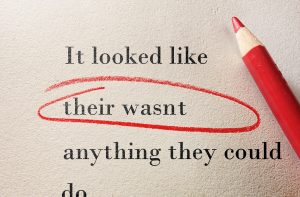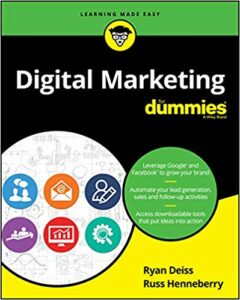What Genre is Your Business Blog?

- the benefits of your products and services
- the history of your business and your own journey
- successful case studies and testimonials
- news of importance to your customers
- your perspective on trends in your industry




Anybody can become a better communicator, a better storyteller, says Carmine Gallo, author of “the Storyteller’s Secret.”. Tell more personal stories, he advises. Unfortunately, he laments, most of what we read and hear is 99% facts and 1% story. “I say, turn it around”, Gallo urges.
In the 1960’s, a Canadian anthropologist studying hunter-gatherer Bushmen in the Kalahari desert, a society that had existed in southern Africa for more than 150,000 years, found that the Bushmen were hunter-gatherers by day and storytellers by night. In a place of frequent droughts, floods, and famine, the Bushmen used storytelling to boost their social relationships and create bonds.
“No matter who you are, you are a storyteller, says Karen Friedman of the Public Relations Society of America. Research shows that people are more likely to remember a story than a statistic. In a program at Stanford University, students were asked to give one-minute speeches that contained three statistics and one story. Only 5 percent of the listeners remembered a single statistic, while 63 percent remembered the stories.
Friedman’s message has direct applicability to blog content writers, and it comes in the form of a warning: …”Using digital content will not increase brand loyalty or enhance your marketing efforts. It takes an old-fashioned story that keeps listeners on the edge of their seats to help you shape your outcome.”
But, like every worthwhile endeavor, storytelling takes some skill and demands practice. True, as Elizabeth Bernstein said last year in the Life & Arts section of the Wall Street Journal, “when we share our personal narratives, we disclose something about our values, our history, and our outlook on life. But the bonding benefits of storytelling only work if you’re good at it, and many of us aren’t.”

When Inc. Magazine interviewed the purchasing agents of several mega-corporations, asking how each preferred to sold to by suppliers and vendors, the responses supported the concept of specificity. Northrup Grumman executives actually said, “”Be as specific as possible when describing what you can do for us. Don’t be shy. If you have a capability, highlight that capability.”
Benefits consultant Mel Schlesinger tells salespeople the same thing. Instead of a generic opening (“I have an idea I want to roll by you”), he suggests agents switch to idea-specific ones (I have an idea that can help you reduce employees’ pressure on you to increase wages.”)
Get in touch:
rhoda@sayitforyou.net
317-250-3569

Follow us online!